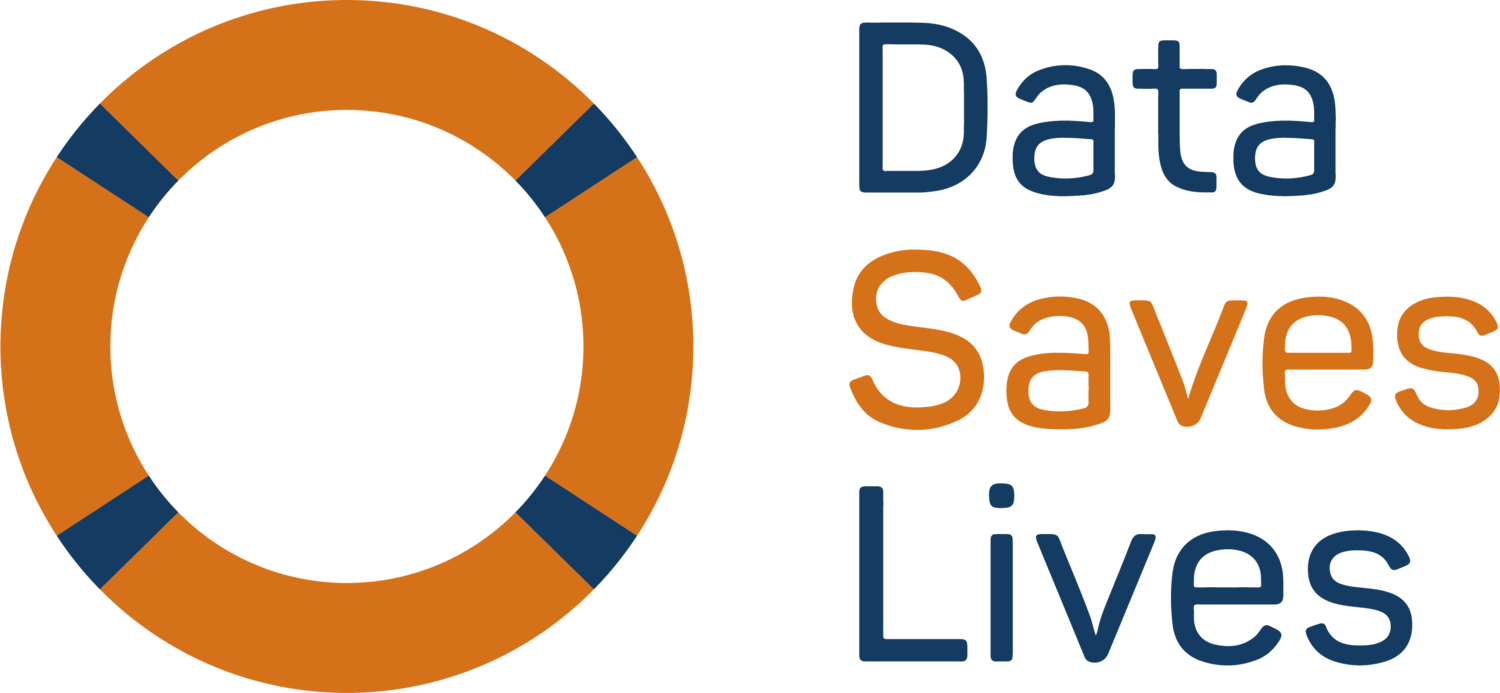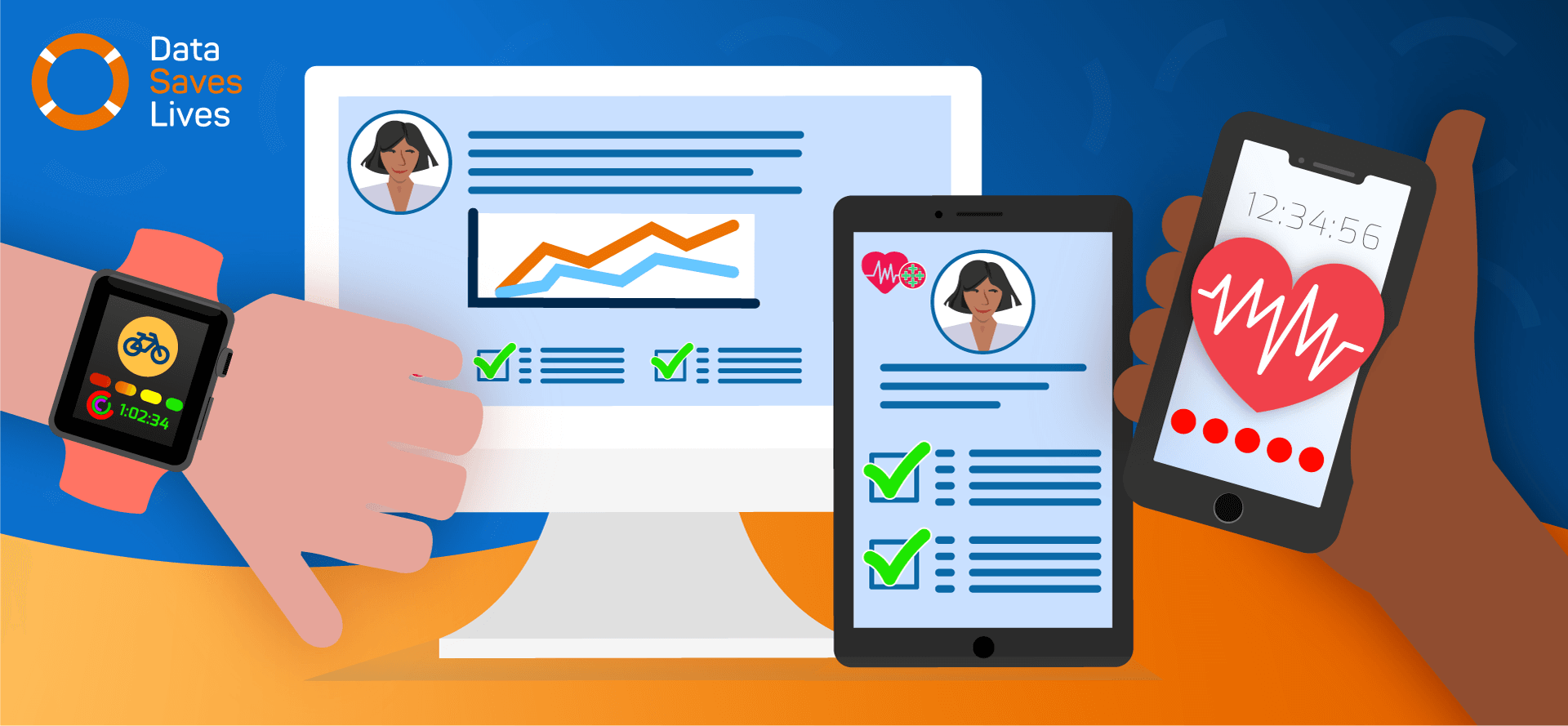What is health data?
What are the different types of health data?
Data helps us to understand a person's health, their health risks and how their health is being managed. Different types of health data include:
Information created by health and care professionals:
Electronic health records.
National healthcare databases holding items like prescriptions, laboratory tests, and details about important diseases like cancer.
Information created by patients:
Monitoring illnesses using computer or mobile phone applications.
Wearable devices such as smartwatches for fitness monitoring and tracking changes relevant to medical conditions.
How people prevent illness or detect illnesses early, such as screening tests and dietary monitoring.
Social media posts can be analysed anonymously in aggregate form, for example, to discover how many people are discussing certain side effects of a new treatment.
Wider information that can affect people’s health, such as climate and pollution monitoring data.
“We need to co-operate much more in-between
different parts of the health care system but also
between the health care system and patients”
Personal sensor data is expected to grow from 10% of all stored information to 90% within the next decade.
Thankfully, many healthcare organisations no longer use paper: health records are collected electronically, making the data easier to analyse. Alongside the information collected from patients, all this data can help study large populations, discover new knowledge, provide insights into the health needs of patients, and improve treatment outcomes.

